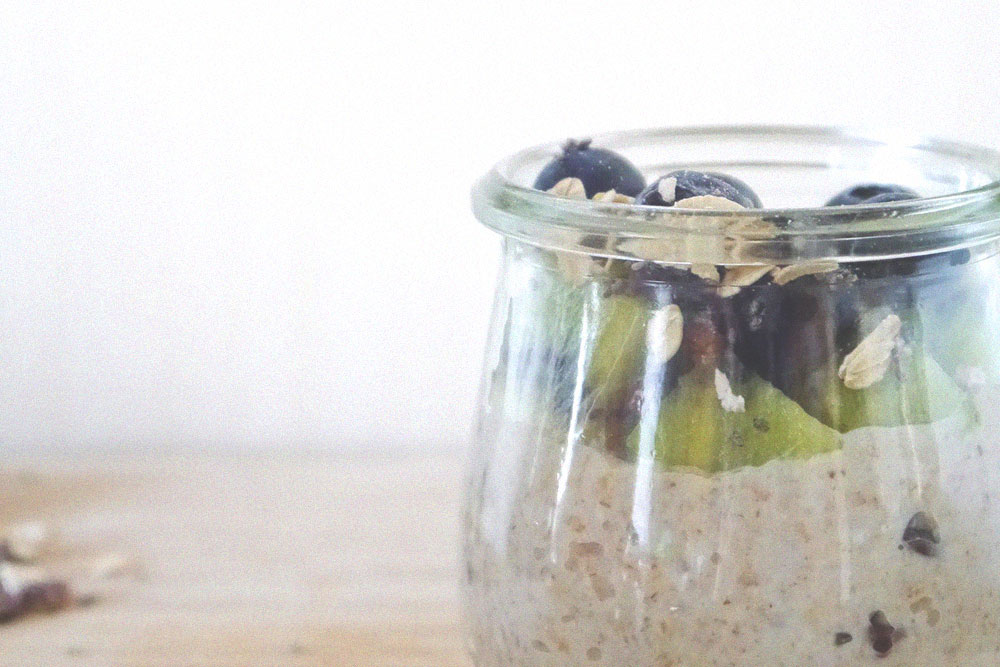How do you eat before a hard workout to ensure there’s no burn out before your cool down? Here are a few strategies to top off your tank before you go hard.
BY: CLAIRE SHORENSTEIN, MS, RDN, CDN
Planning to go hard at your next workout, but not sure how to what and how much to fuel? That really all depends on the duration, intensity, and timing of your planned exercise, along with your individual tolerance.
Generally, the more time you have, the more you can eat, which means more types of nutrients you can include. However, if you’re running low on time, the more important factor to consider is choosing easily digestible carbs that quickly deliver glucose (energy) to your tissues and help delay the onset of fatigue. Fat, fiber, and protein-rich foods slow down digestion and may cause stomach upset, so you may wish to limit these nutrients just prior to exercise, unless you prefer them and are able to tolerate them. Let’s break down what you need depending on the time of your workout:
EARLY MORNING
Early morning workouts can be tricky to coordinate with nutrition, especially if you have a sensitive stomach and/or can’t sacrifice additional sleep to eat and digest. For easy to moderate intensity efforts under an hour, you’re likely fine waking up and just hydrating with plain water. If you’re a very heavy sweater and/or exercising in the heat, then you may need some electrolytes too.
Of course, it doesn’t hurt to eat before an easier workout if you can! You may find that your tolerance varies based on the activity, for example you may be able to eat closer to the start of a cycling or strength training workout compared to the start of a run.
MORNING
For those who work out a little later in the morning, avoid exercising on empty if you’d like to get the most out of your high intensity or longer workouts (>60-90 minutes). If you can’t manage breakfast, try to at least have a small and simple carb-based snack before you exercise.
For example, a banana is a go to choice for many as it is very easy to digest, or you can eat a piece of toast with nut butter, 1 egg on a small corn or whole wheat tortilla, or a small bowl of oatmeal or cereal. If you can’t get up early enough to digest real food and find yourself bonking during your workout, then consider a sports product (e.g. some chews, half a bar, etc.). If that doesn’t work either, then make sure to have a solid dinner the night before, and try adding a balanced evening snack.
LATER IN THE DAY
For workouts later in the day, eat a balanced meal 2-4 hours before and/or a carb-rich snack 1-2 hours before exercise (e.g. breakfast, mid/late-morning snack if needed, then pre-lunch exercise, or lunch, mid/late-afternoon snack, then pre-dinner exercise). As always with sports nutrition, experimentation is key to figuring out what works best for your unique body, so play around until you find what gets you to perform your best!
Adapted from the original article.
Claire Shorenstein, MS, RDN, CDN is a NYC-based Registered Dietitian Nutritionist and Road Runners Club of America certified coach. As an avid runner over the past 20 years, Claire has competed in numerous team and solo running events from the 5km to 50-mile distance, and combines her personal running experience and expertise to help athletes achieve their performance goals. Learn more about Claire at Eat For Endurance.

